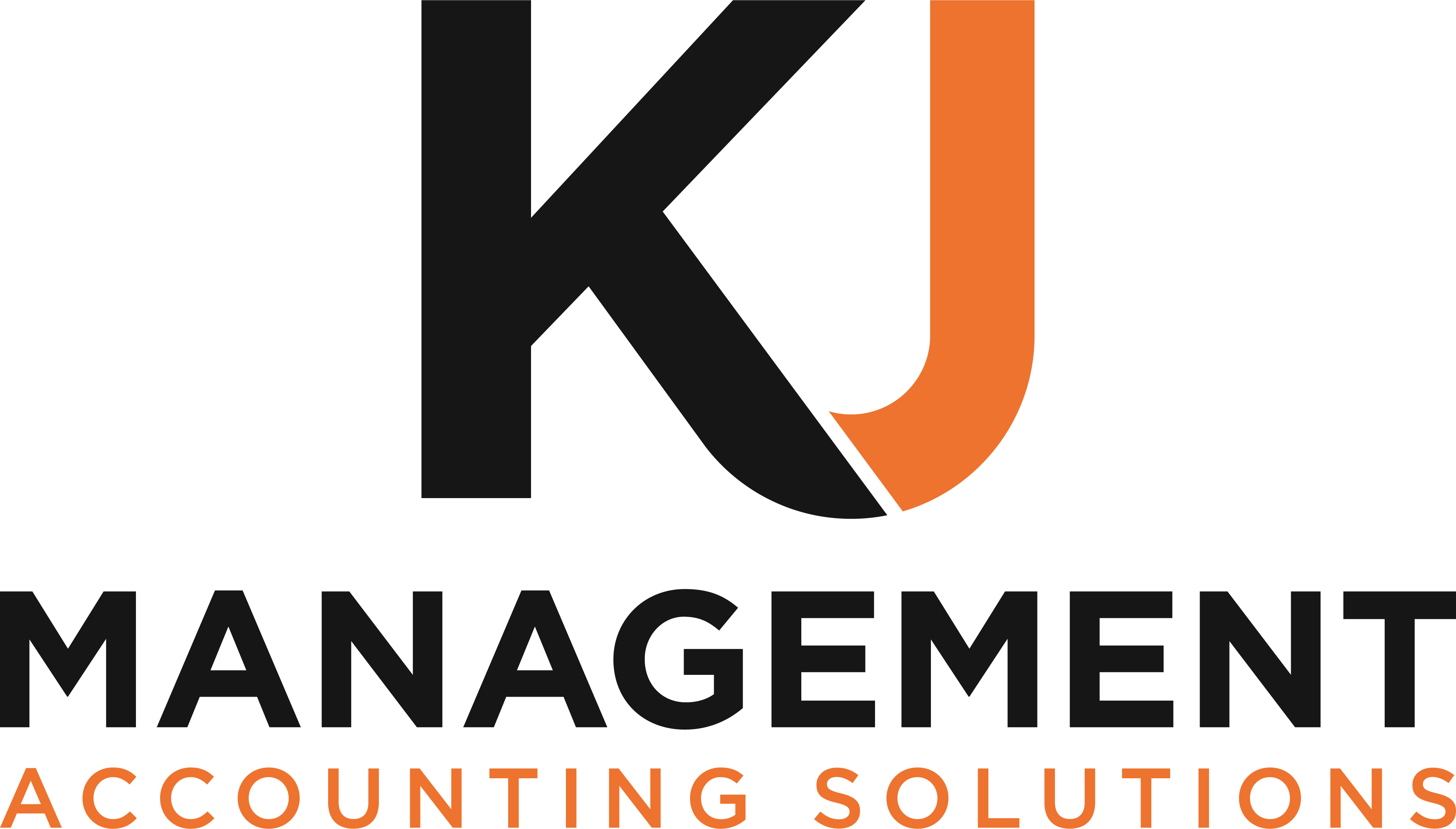Introduction
If you’re a small business owner looking for better financial control, one of the most effective tools you can use is management accounts. Yet, many business owners don’t know what management accounts are—or why they matter.
In this guide, we’ll explain:
What management accounts are
Why management accounts are important for small businesses
What they include
How they help with better decision-making
How often you should use them
Whether you’re just starting out or growing your business, this blog will help you understand why monthly financial reporting isn’t just for big corporations—it’s essential for every business that wants to succeed.
What Are Management Accounts?
Management accounts are regular (usually monthly or quarterly) financial reports that give you up-to-date insights into how your business is performing.
Unlike year-end accounts, which are created for HMRC or Companies House, management accounts are:
Created for internal use
Tailored to your business
Focused on current and future performance, not just historical data
Key features of management accounts include:
Clear breakdowns of income and expenses
Custom financial reports to track goals
Insight into cash flow, profit margins, and business performance
If you’re searching for how to get better visibility over your business finances, management accounts are the answer.
Why Are Management Accounts Important for Small Businesses?
1. You Know Where Your Business Stands—At All Times
Many business owners rely on instinct or the bank balance to judge performance. But these methods can be misleading.
Monthly management accounts give you:
A clear overview of income vs. expenses
Real-time insight into cash flow and profitability
Early warning signs if something isn’t going to plan
This allows you to act early—before small issues become big problems.
2. Make Smarter Financial Decisions
Management accounts help you:
Plan future spending
Decide when to hire
Spot areas where costs are rising
Know if your pricing needs reviewing
This means you’re not guessing—you’re using data to make confident, informed decisions.
3. Stay in Control of Cash Flow
Running out of cash is one of the biggest risks for small businesses.
With management accounts, you can:
Monitor how much cash is available
Prepare for tax bills, supplier payments, and quieter months
Avoid nasty financial surprises
Searching for how to improve cash flow management? Start with monthly management reports.
4. Track Progress Against Your Goals
If you’ve set a budget or sales target, management accounts show how you’re doing.
You can compare:
Actual vs. Budgeted income and expenses
Month-on-month changes
Key performance indicators (KPIs) like gross profit, margins, or overheads
They turn your numbers into insights you can act on.
5. You’re Better Prepared for Growth, Funding, or Tax Time
If you need a loan, want to pitch to investors, or simply want to be prepared for tax deadlines, updated financials are essential.
Well-maintained management accounts:
Show your business is well-managed
Build confidence with lenders and advisors
Make filing your tax return less stressful
What’s Included in Management Accounts?
Every business is different, but standard management accounts usually include:
Profit & Loss Statement (monthly performance)
Balance Sheet (snapshot of assets, liabilities, and equity)
Cash Flow Report (how money moves in and out of your business)
Aged Debtors/Creditors Report (what you’re owed and what you owe)
Variance Analysis (actuals vs. budget)
Tailored KPIs for your goals
Want to know what reports your business should be looking at monthly? These are the key ones.
How Often Should You Use Management Accounts?
Most small businesses benefit from:
Monthly management accounts – the most useful for cash flow planning and regular decision-making
Quarterly management accounts – a good option for smaller or seasonal businesses
The key is consistency—your business is changing all the time, and your numbers should reflect that.
Management Accounts vs Year-End Accounts – What’s the Difference?
| Feature | Management Accounts | Year-End Accounts |
|---|---|---|
| Purpose | Internal decision-making | Statutory filing (HMRC) |
| Frequency | Monthly or quarterly | Annually |
| Tailored to your business | Yes | No |
| Predictive & real-time | Yes | No (historic only) |
| Helps with cash flow | Yes | Not directly |
If you’re searching for monthly vs annual financial reporting, this table shows the clear difference.
Final Thoughts: Why You Should Start Using Management Accounts
Management accounts give you the clarity, control, and confidence to run your business effectively. They’re not just for accountants—they’re for business owners who want to grow, improve profit, and make decisions backed by real data.
If you’ve ever felt unsure about where your money’s going, how your business is really performing, or whether you can afford to grow—management accounts are the answer.


